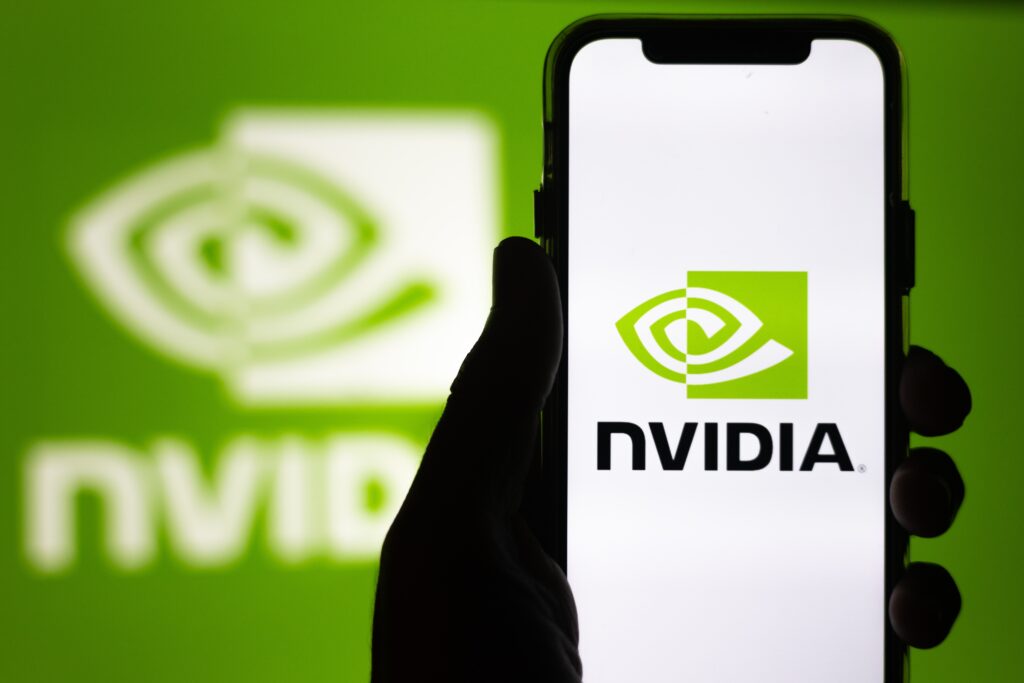Nvidia, the American chipmaker at the heart of the artificial intelligence (AI) boom, is once again in the spotlight. This time, it’s caught between rising demand in China and new export rules from the US. CEO Jensen Huang traveled to Beijing this week to meet Chinese leaders after Washington placed fresh limits on Nvidia’s AI chip sales.
The US government now requires Nvidia to get special licenses to sell its H20 AI chips to China. Officials say this is to protect both US national security and its economy. Nvidia confirmed that these rules will likely stay in place for the foreseeable future.
Why Nvidia Is So Important in AI Development
Nvidia makes advanced chips that power tools like ChatGPT. These chips help AI programs create text, images, and other content. Because of this, demand for Nvidia’s technology has skyrocketed.
Nvidia’s market value recently came close to Apple’s, making it one of the most valuable companies in the world. But as its global influence grows, so does concern from US officials.
The White House has set rules to slow down China’s progress in AI chip development. The goal is to stop Chinese firms—especially those with ties to the military—from gaining access to powerful US-made chips.
Focus on the H20 Chip and China’s Growing Demand
The US has been limiting Nvidia’s chip sales to China since 2022. Nvidia then designed the H20 chip to meet those earlier rules. But now even that chip is restricted.
The more powerful H100 chip was already banned from China. But recent reports about DeepSeek, a Chinese AI firm, alarmed US officials. DeepSeek has created AI tools similar to ChatGPT—even without the most advanced chips.
This success raised fresh concerns in Washington. Major Chinese tech firms like Alibaba, Tencent, and ByteDance rushed to buy H20 chips. But those orders are now blocked due to the new rules.
As a result, Nvidia expects to lose around $5.5 billion from canceled deals.
China’s Push to Make Its Own AI Chips
Chim Lee, an analyst at the Economist Intelligence Unit in Beijing, said Chinese firms are now racing to make their own chips. Huawei is one of the leaders in this effort.
Lee noted that these homegrown chips are still behind Nvidia’s in quality. But the export bans may push Chinese companies to innovate faster.
He added that while the restrictions will make things harder for China, they are unlikely to stop its progress in using AI.
Huang Visits Beijing Amid Growing Trade Pressures
China made up 13% of Nvidia’s global revenue last year. That’s less than the US, but still a key market. Jensen Huang’s visit to China came at a crucial moment for the company.
In Beijing, Huang met with Ren Hongbin, head of China’s trade promotion council. According to Chinese state TV, Huang expressed a strong interest in keeping close business ties with China.
He also met with Liang Wenfeng, the founder of DeepSeek, and with top Chinese officials. During a talk with Shanghai’s mayor, Huang said Nvidia was committed to long-term growth in China.
US Chips Strategy: Bring Production Home
The new chip rules are part of a wider plan from Washington. The US wants to reduce its dependence on China for key tech. It also aims to bring more chip-making back to the US.
Nvidia recently announced plans to build AI server systems at home. The investment could reach $500 billion. Former President Donald Trump took credit for this move, linking it to his re-election campaign.
In March, chipmaker TSMC, which produces chips for Nvidia, said it would spend $100 billion on new plants in Arizona.
Gary Ng, an economist at Natixis, said the world is now splitting into two tech camps—one led by the US, the other by China.
Ng warned that technology will become less shared between countries and face more rules in the future.
A New AI Era with Global Risks and Rewards
As Nvidia continues to lead in AI hardware, it must also navigate a tricky global market. The US wants to stay ahead in tech. China is pushing to catch up. And companies like Nvidia are caught in the middle.
